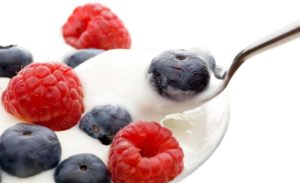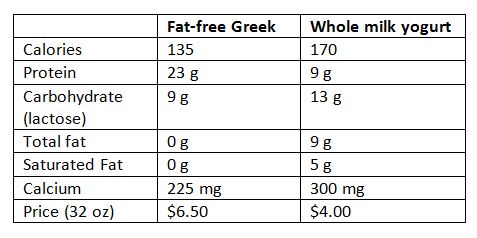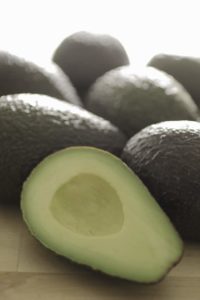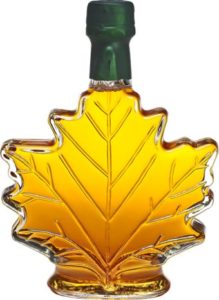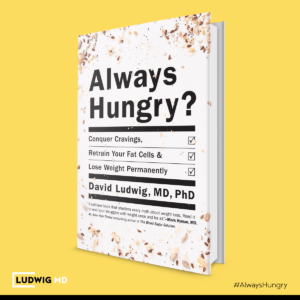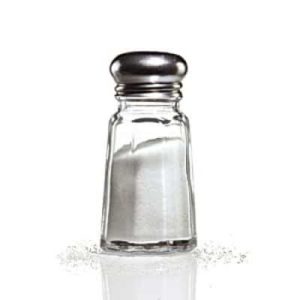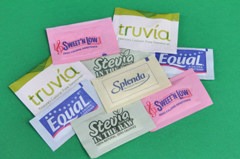 Even before we knew that artificial sweeteners like Splenda promote the growth of gut bacteria linked to obesity, I’ve always advocated for moderation in the use of noncaloric sweeteners.
Even before we knew that artificial sweeteners like Splenda promote the growth of gut bacteria linked to obesity, I’ve always advocated for moderation in the use of noncaloric sweeteners.
Even though they don’t contain sugar or calories, artificial sweeteners usually don’t promote healthy eating patterns. They tend to encourage consumption of foods without much nutritional value, such as diet sodas and sugar free desserts. Ironically, the use of artificial sweeteners can actually lead people to consume more unhealthy foods (the “Give me a diet Coke and supersize the fries” syndrome.)
Finally, it’s really hard to develop an appreciation for the subtler pleasures of fruits, vegetables, and other whole foods if your taste buds are constantly bathed in the intense hyper-sweetness of non-caloric sweeteners.
For all these reasons, I’ve always suggested that you consume artificially sweetened foods and beverages with the same restraint that you’d use with sugar-sweetened versions. But what exactly does that mean? Continue reading “What’s a moderate intake for non-caloric sweeteners?”

